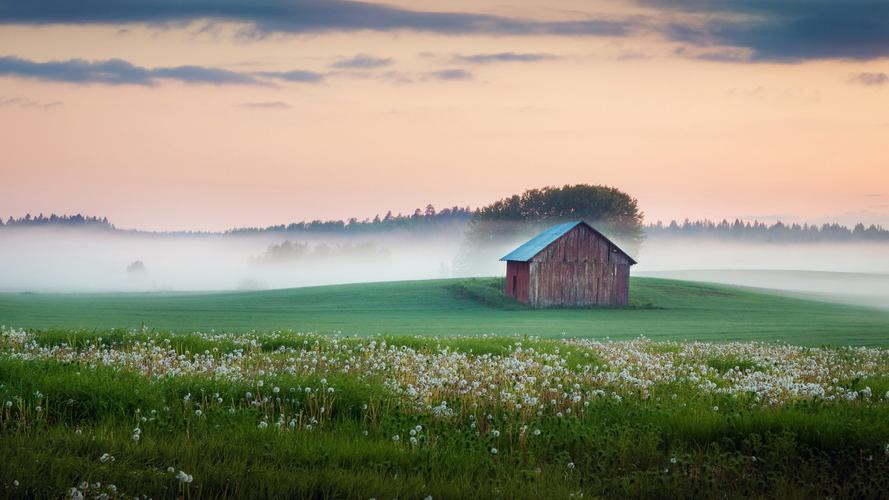Exploring the Diversity of Mother Cultures Around the World
Mothers are the backbone of society, playing a pivotal role in shaping the lives of their children. But what is a mother? Is she defined by biology or by the love and care she provides? Across cultures and borders, the definition of motherhood varies greatly, revealing a rich tapestry of mother cultures that enriches our understanding of what it means to be a mother.
The Mother Goddesses of Ancient Times
The roots of mother cultures can be traced back to ancient times when societies worshipped mother goddesses as the source of life. In ancient Egypt, the goddess Isis was worshipped as the ultimate mother, who protected and nurtured her children. In Greece, the mother goddess Demeter was revered for her nurturing qualities and for bringing life-giving crops to the land. In Hinduism, the goddess Kali is the fierce mother who protects her children from harm.
Matrilineal Societies
Some societies are organized around the idea of the mother as the head of the family. These matrilineal societies are found in parts of India, Africa, and Southeast Asia. In these societies, women pass on their family name and inherit property through the female line. They are also responsible for raising their children and passing on cultural traditions and values.
Single Motherhood
In many parts of the world, single motherhood is on the rise. According to the United Nations, approximately one-third of households worldwide are headed by a single mother. These women face significant challenges, including poverty, lack of support, and social stigma. However, they are also a testament to the resilience of motherhood, and their stories inspire us all.
The Importance of Maternal Health
While motherhood is celebrated in many cultures, the challenges facing mothers are also a global concern. Maternal mortality rates remain high in many parts of the world, with an estimated 295,000 women dying each year from complications related to childbirth. Improving maternal health requires a holistic approach that includes access to proper nutrition, medical care, and family planning resources for mothers.
Conclusion
The diversity of mother cultures around the world reflects the richness and complexity of motherhood itself. From the ancient mother goddesses to modern-day single mothers, the role of mothers has evolved and adapted over time. As we continue to strive for equality and social justice, we must remember the importance of supporting and empowering mothers in all their forms.
(Note: Do you have knowledge or insights to share? Unlock new opportunities and expand your reach by joining our authors team. Click Registration to join us and share your expertise with our readers.)
Speech tips:
Please note that any statements involving politics will not be approved.
